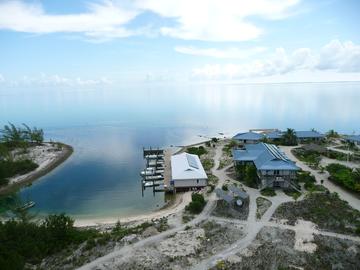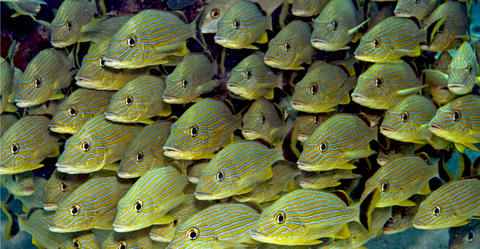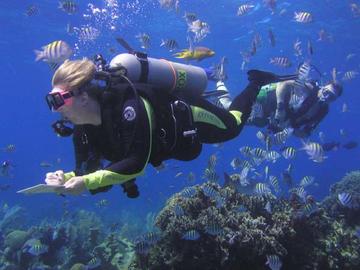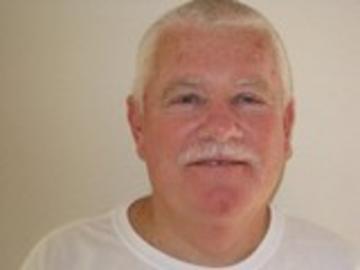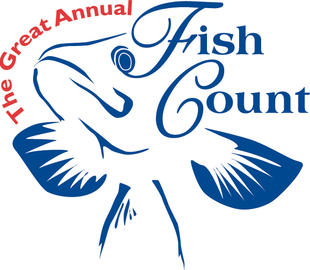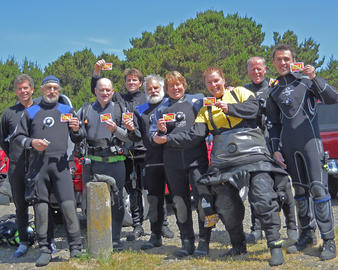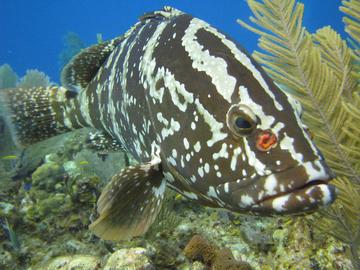REEF is proud to partner with over 130 dive shops, dive clubs, individuals, and other organizations as REEF Field Stations.
Predicting and mitigating the effects of invasive Indo-Pacific lionfish Pterois volitans on Caribbean fish communities requires a thorough understanding of the species’ predation behaviour in the invaded range, including the types and amounts of prey consumed and how foraging patterns vary in relation to extrinsic conditions. We studied the activity levels and prey consumption rates of lionfish on 12 shallow coral reefs in the Bahamas in relation to time of day and prey availability.
During our Summer Fundraising Campaign, we reach out to you, our valued members, and ask for your financial support. Your contribution will ensure that our important marine conservation work can continue. Donations made during the campaign will be matched dollar for dollar by the Curtis and Edith Munson Foundation, doubling the impact of your support. You can donate securely online at www.REEF.org/contribute, mail your donation to REEF at PO Box 246, Key Largo, FL 33037, or call us at 305-852-0030.
The REEF database topped 150,000 surveys this month! The lucky 150k survey was conducted by Ross Whiteside on June 13, 2011, at Mixing Bowl in Little Cayman. Ross and his wife Terri have been active REEF members since 2002 and are members of the Advanced Assessment Team. Congrats Ross and Terri, and thanks to all of our surveying members for helping us achieve this landmark!
REEF Director of Science, Christy Pattengill-Semmens, and REEF Outreach Coordinator, Janna Nichols, attended a rockfish conference in Seattle earlier this week. The workshop, Rockfish Recovery in the Salish Sea: Research and Management Priorities, was organized by NOAA, WDFW, and the SeaDoc Society, and served as a venue for scientists, managers, and policy makers from throughout the region to share their work and help chart a course for future work. Christy presented an overview of REEF data collected throughout the Salish Sea, and showed distribution maps for 12 species of rockfish.
REEF members are at the heart of our grassroots marine conservation programs. Over 43,000 divers, snorkelers, students, and armchair naturalists stand behind our mission.
The 20th annual Great Annual Fish Count (GAFC) is rapidly approaching! Will you be participating? We encourage local shops, dive clubs and other groups to organize an activity anytime during the month of July. You can view events already scheduled, and add your own, by visiting www.fishcount.org.
REEF is proud to partner with over 130 dive shops, dive clubs, individuals, and other organizations as REEF Field Stations.
We are happy to share with you a short (3-minute) Public Service Announcement (PSA) from the REEF Grouper Moon Project, featuring spectacular underwater footage and the hopeful story of the Nassau grouper in the Cayman Islands. The video discusses the importance of protections for spawning aggregations and the work that REEF and our collaborators at the Cayman Islands Department of the Environment (CIDOE) and Oregon State University have done on this important conservation issue.

